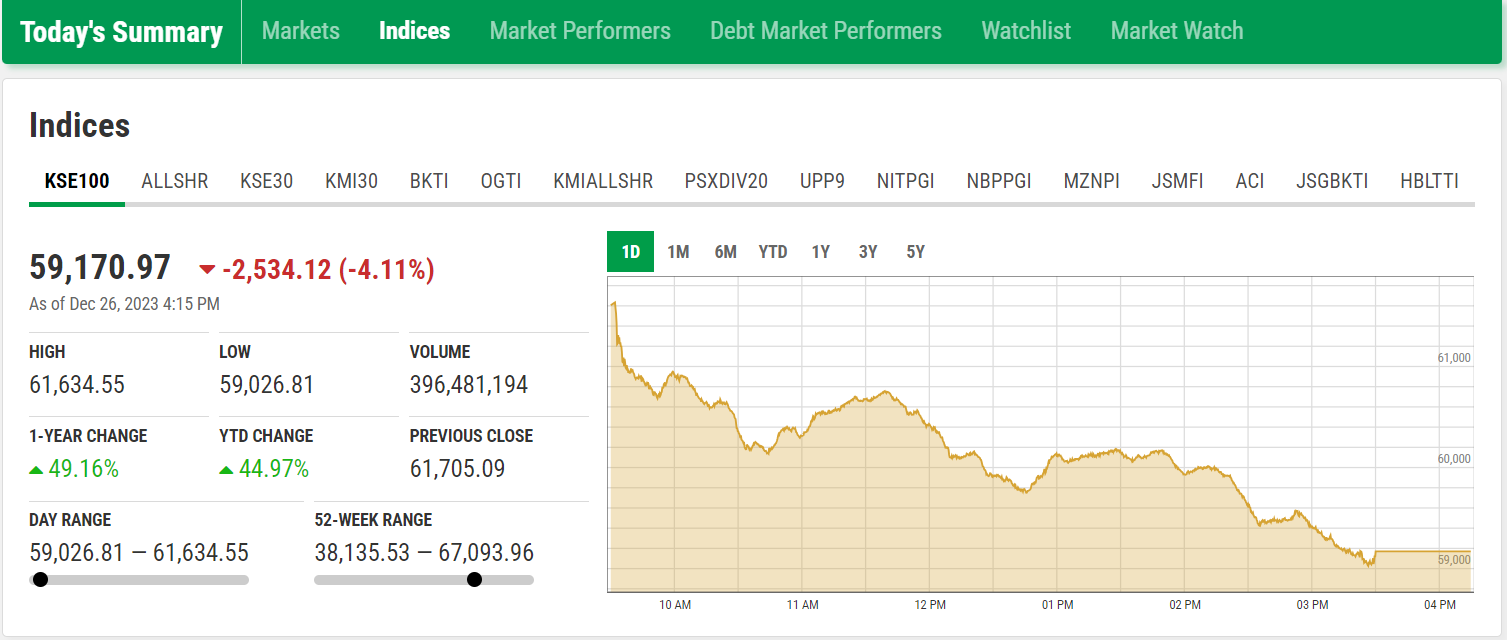
In an era defined by digital transformation, data science has emerged as a pivotal force shaping industries, driving innovation, and revolutionizing decision-making processes. As we stand at the crossroads of technology and information, exploring the future of data science becomes not just a pursuit of curiosity but a necessity. In this blog post, we delve into the evolving landscape of data science, examining the trends, challenges, and transformative potential that lie ahead.
1. The Rise of Artificial Intelligence (AI) and Machine Learning (ML)
Data science is on the brink of a profound transformation driven by the integration of artificial intelligence and machine learning. As algorithms become more sophisticated and capable of learning from vast datasets, the predictive power of data science reaches new heights. AI and ML are not just buzzwords; they represent the next frontier in data-driven decision-making. From predictive analytics to personalized recommendations, the marriage of data science with AI and ML is set to redefine how organizations operate.
2. Ethical Considerations in Data Science
With great power comes great responsibility. As data science continues to advance, ethical considerations become paramount. The future demands a conscientious approach to data collection, usage, and privacy. Striking the right balance between innovation and ethical considerations will be a defining aspect of the future of data science. Addressing issues such as bias in algorithms, data security, and ensuring transparency in decision-making processes will shape the ethical framework that guides the data science landscape.
3. Integration of Big Data and IoT
The future of data science is intrinsically linked to the exponential growth of big data and the proliferation of Internet of Things (IoT) devices. As our world becomes more interconnected, the volume and variety of data generated are unprecedented. Data science, in collaboration with big data technologies, will play a pivotal role in extracting meaningful insights from this vast sea of information. The synergy between big data and IoT opens avenues for real-time analytics, predictive modeling, and a deeper understanding of complex systems.
4. Personalization and Customization
One size fits all is a relic of the past. The future of data science is personalized and tailored to individual preferences. Whether it’s delivering personalized content recommendations, crafting targeted marketing strategies, or designing adaptive learning platforms, data science will be at the forefront of customization. As algorithms become more adept at understanding user behavior, businesses and services will offer more personalized experiences, enhancing user satisfaction and engagement.
5. Challenges on the Horizon
While the future of data science holds immense promise, it is not without its challenges. The ethical considerations mentioned earlier are just the tip of the iceberg. The growing complexity of datasets, the need for skilled professionals, and the ever-present threat of cyber-attacks are challenges that demand proactive solutions. As the reliance on data science increases, addressing these challenges becomes imperative to ensure the responsible and effective use of data.
6. Data Science in Industry Verticals
The influence of data science is not confined to a particular sector; it spans across various industry verticals. In healthcare, predictive analytics can revolutionize patient care and drug discovery. In finance, data science powers risk management and fraud detection. The future will witness an even more pervasive integration of data science in industries, unlocking efficiencies, minimizing risks, and fostering innovation.
7. Education and Skill Development
As the demand for data scientists continues to surge, the education and skill development landscape is evolving. The future of data science education will emphasize a multidisciplinary approach, combining technical expertise with domain-specific knowledge. Online courses, certifications, and specialized programs will cater to the growing need for skilled professionals, ensuring a workforce that is well-equipped to harness the potential of data science.
8. Collaboration and Interdisciplinarity
The future of data science is not a solo act; it’s a collaborative endeavor. The integration of data science with other disciplines such as domain-specific sciences, social sciences, and humanities will lead to breakthroughs that transcend traditional boundaries. The ability to collaborate across diverse fields will amplify the impact of data science, fostering innovation and addressing complex societal challenges.
In conclusion, the future of data science is a narrative of innovation, challenges, and ethical considerations. As technology continues to advance, data science will evolve in tandem, offering unprecedented insights and solutions. Embracing this future requires a commitment to ethical practices, ongoing skill development, and a collaborative mindset. The journey ahead promises a data-driven world where the possibilities are as vast as the datasets we analyze. The question is not whether data science will shape the future but how we, as a society, choose to shape the future of data science.




One Comment